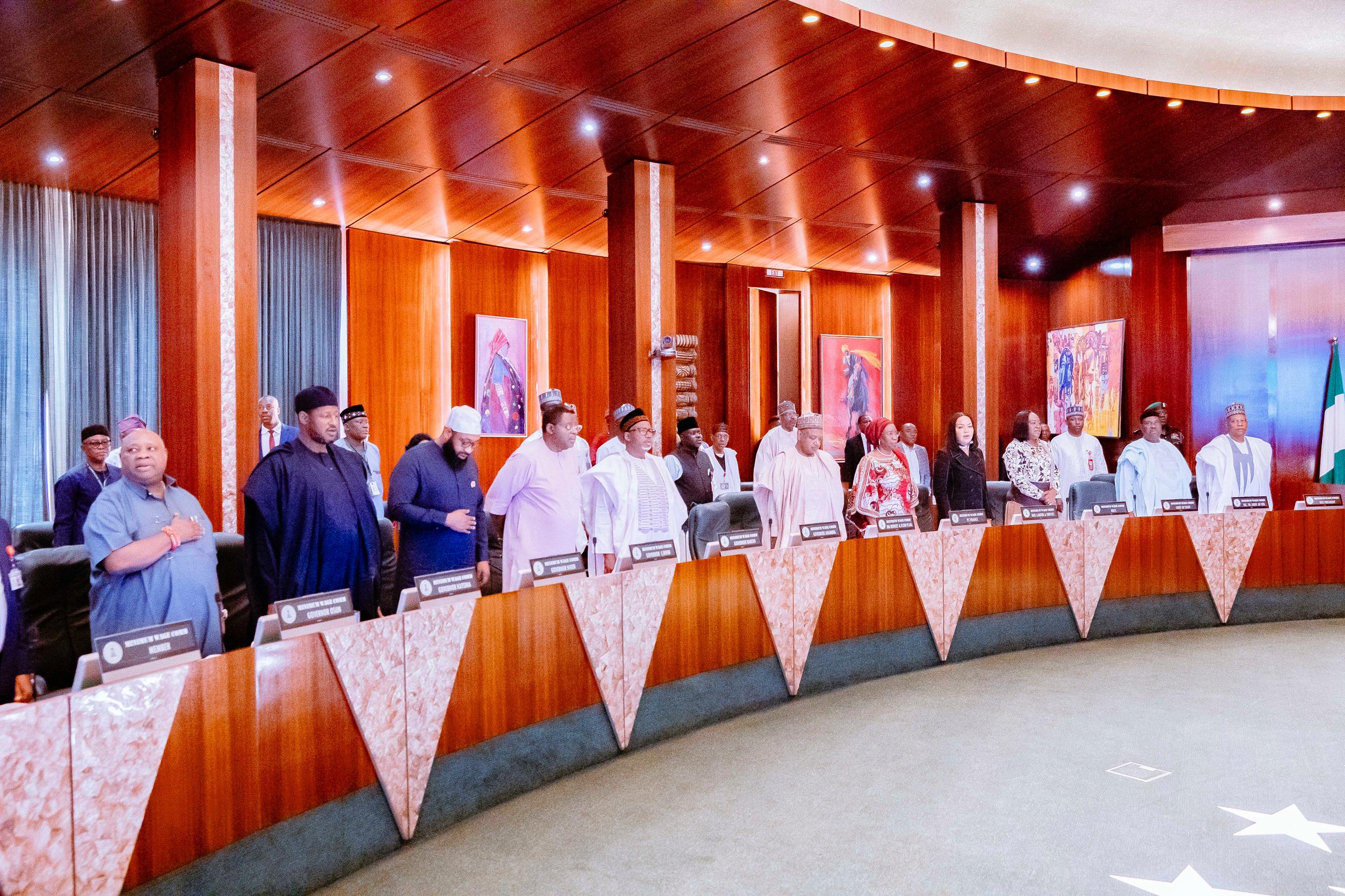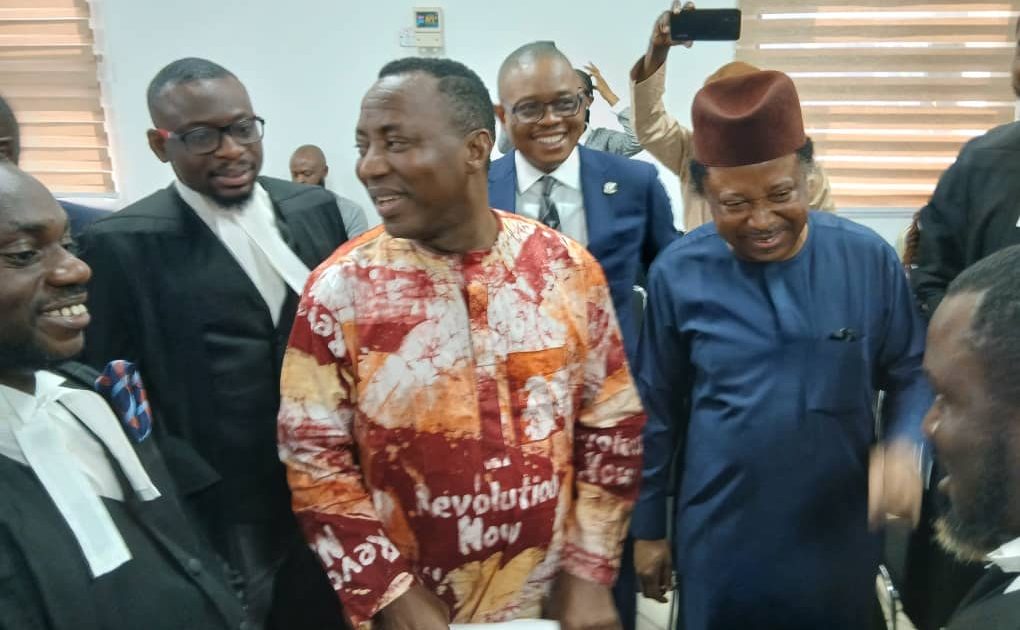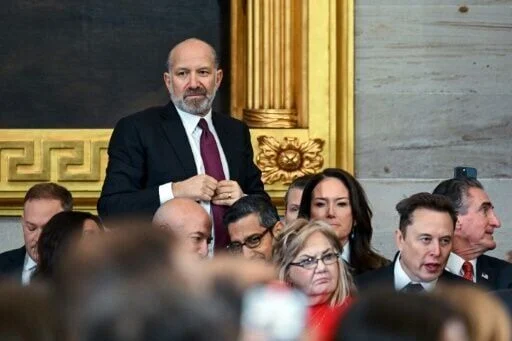Reading Time: 2 minutes
The ultimate goal of the Tripartite Committee is to resolve the longstanding dispute between the Nigeria Labour Congress (NLC) and the Federal Government, primarily concerning the new minimum wage. This initiative seeks to address the fundamental issues surrounding fair compensation and labor rights, aiming for a mutually beneficial resolution.
However, the NLC appears to be adopting a cautious approach, as they are threatening another national strike. According to the President of the NLC, Mr. Joe Ajaero, there is a lack of trust in the Federal Government’s commitment to implement the outcome of the new minimum wage negotiations. He asserts that the government cannot be relied upon to uphold its promises, putting Nigeria on notice that ‘Labour is coming’ if necessary measures are not taken.
The threat of another national strike reflects the deep-seated concerns and frustrations within the labor movement regarding the implementation of labor-related agreements. The NLC’s stance underscores the need for transparency, accountability, and genuine dialogue in addressing the grievances of workers and ensuring their rights are protected.
As negotiations between the Tripartite Committee, the NLC, and the Federal Government continue, there is a pressing need for constructive engagement and compromise to achieve a fair and sustainable resolution. Both parties must demonstrate goodwill and a commitment to finding common ground that addresses the interests and concerns of all stakeholders.
The ongoing dispute highlights the complexities and challenges inherent in labor relations and the imperative for proactive measures to promote social dialogue and consensus-building. It underscores the importance of fostering trust and cooperation between labor unions and government institutions to foster a conducive environment for productive labor-management relations.
Addressing the underlying issues driving the standoff between the NLC and the Federal Government requires a comprehensive and collaborative approach. It necessitates a commitment to upholding the principles of fairness, equity, and respect for workers’ rights, while also considering the broader economic and social implications of labor policies.
As stakeholders navigate the complexities of the minimum wage negotiations, there is a shared responsibility to prioritize the welfare and dignity of workers while also ensuring the sustainability and competitiveness of the economy. Achieving a fair and equitable resolution will require genuine dialogue, compromise, and a genuine commitment to the well-being of all Nigerians.
In the face of escalating tensions and uncertainty, it is imperative for all parties to remain committed to peaceful and constructive engagement in resolving the minimum wage dispute. By fostering a climate of mutual respect, trust, and cooperation, Nigeria can overcome its labor challenges and chart a path towards inclusive and sustainable development.




